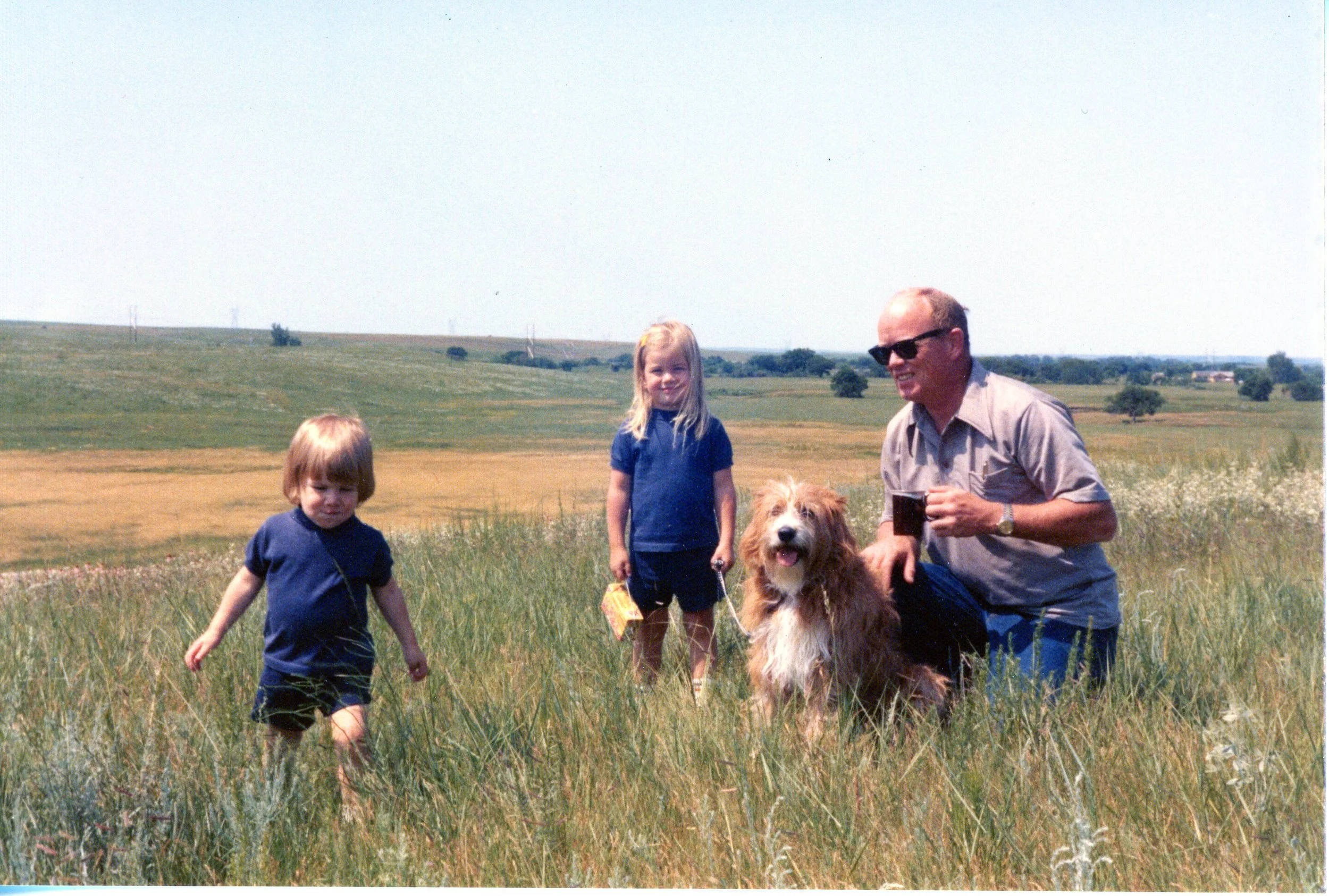AUTISTIC AUNTIES BLOG
All about neurodiversity, chronic illness, rollerskating, queerness, trash tv, parenting, getting older, and more!
Dendrites, Autism, and Mycorrhizae
When my high school senior and I communicate, I wonder what other people hear and see. So they know we’re autistic?
Signe and I were going back and forth on what our first “Autistic Aunties” blog post should be, (running a tiny resort in the mountains of Arkansas, fun shoes for arthritic feet, recaps of our favorite shows, etc). Then we read the Make America Healthy Again Commission that was established by an executive order on February 13, 2025.
According to our government, those with autism, ADHD, asthma, chronic illnesses, (us, our family, our friends), pose “a dire threat to the American people and our way of life.”
“Dire threat”
“Our way of life”
Think about those words for a minute. Signe made a comment that they are “linguistically separating us from others.” Those of us who are neurodivergent and/or sick put a burden on the rest of our country (one reason is that we cannot join the military, another is that we are a big gobbler of the nation’s healthcare budget).
WE are the threat to our neighbors. OUR way of life is not compatible with THEIR (other, healthy Americans’) way of life.
I’m sure Signe and I will have lots more to say about this, but for now, I’d like to leave you with something I wrote that was originally published by red noise collective, in their SONANCE issue (fall, 2023). It’s about an autistic mom and child, living their lives, not being a threat to anyone.
Dendrites, Autism, and Mycorrhizae
When my high school senior and I communicate, I wonder what other people hear and see. Do they know we’re autistic?
Autism is commonly described as a disorder characterized by social impairments, communication difficulties and restricted, repetitive, and stereotyped patterns of behavior. These core symptoms are said to be due to under-conductivity among the brain regions participating in cortical networks. There are studies now looking at how genetic and environmental risks for autism spectrum disorders cause dendritic abnormalities underlying this brain under-conductivity.
When my son and I want to communicate, one of us signals to the other, indicating to take off their headphones. If my son talks first, and if it’s at the end of his virtual learning day, he will methodically go through each class, in order, listing the main lesson, if tests or quizzes had come back, what homework is assigned. I watch his body language. If he starts to pulse back and forth, his words more clipped, his eyes to the side or to the floor, I know he’s worried about how he’s going to pace out his homework with how he will plan his breaks, his afternoon snack, his daily work out, his online gaming with his brother, cousins and friends.
Dendrites, from the Greek dendrites meaning “of or pertaining to a tree” are defined as “appendages” that give and receive communication to cells. They spread out, like branches, “forming projections that become stimulated by other neurons and conduct the electrochemical charge to the cell body.” The PIE root of dendrites is *deru- “to be firm, solid, steadfast.”
I wait until my son stops talking, until I know he has gone through his whole day. It’s a process, and I know not to interrupt. He doesn’t mention the words anxiety, stressed, happy, sad, calm, nervous, hungry, worried, content. I tell him that he is doing so well, that he knows how to take good care of himself, and that he will get his projects done in time, like he does every time. I think about how I heard words like these from my autistic father. “Wait and see,” he would say, then a nod and a smile before turning back to his book.
The word conductivity means “to guide, accompany, show the way,” from the Latin conductus, past participle of conducere, meaning “to contribute, serve.” The prefix “con” means “together.”
I don’t ask if my son is sad. Or if he’s stressed. I know from his tone, his shape of words, his shape of sentences, his movements, what emotions he is feeling. There is an unspoken language that connects his words, his verbally unexpressed thoughts to my autistic mind and body. I am still, branches and roots extended.
Mycorrhiza or “fungus root” from the Latin myco- “of fungi” and Greek rhiza “root,” is a type of fungus that creates a relationship between fungi and trees that is mutually beneficial by allowing communication between plants. “Plant roots are hospitable sites for the fungi to anchor and produce their threads (hyphae).” The growth of the fungi is fostered by the essential nutrients of the roots which in return allows the fungi to “act as a virtual root system for the plants.”
There is an undercurrent of communication that flows underneath my son’s and my words and our body language. His words and actions branch out to me, like roots reaching out, pushing, tunneling through the soil towards my roots. The roots don’t touch physically, because they don’t have to. Something, maybe our shared autism language, connects us. Dendrites reach out to each other, just as the fungi connects the trees underground, through their branch-like roots, conducting perfect communication. All while up above the ground, no one would guess that the oak tree is talking to the rose bush a hundred feet away.
How To Write With The Brain Bads
Creating may look like taking a bath, taking a nap, taking your meds, taking care of yourself.
“What’s going on with your brain?”
The words didn’t come. I could feel my lower lip move to the left, my upper lip trembling as I willed my diaphragm to push the trapped air out of my lungs. I pursed my lips, making a faint whistling sound as I tried to regulate my breathing by forcing the exhaled air through a smaller opening. Twin images of my sister Signe appeared on FaceTime, her worried expression swimming together then pulling apart in my blurred and double vision. She asked me again, desperate to understand, “Can you open your eyes? What happened?”
Clearly, this wasn’t working. I took a deep breath, in and out, the thin, scratchy, hospital pillowcase crackling as I rested my head and tried not to cry, alone in my hospital room.
My sister asked again and after the third or fourth try, I managed to eke out a semi-coherent “brain bads.”
That was all it took. Fifteen hours later, after a full day of driving through four states, Signe was standing beside my hospital bed, gently lifting my head and placing her favorite soft pillow underneath it.
My family calls the fall of 2023, “The Brain Bads.” When, after months of word retrieval issues, headaches, confusion, memory loss, fatigue, and finally, passing out and thinking my long deceased cat was licking my face, my doctor ordered a lumbar puncture and an MRI angiogram which showed “narrowing and beading of the arteries” in my head, showing Central Nervous System Vasculitis. Why did I see my dead cat? A TIA (transient ischemic attack) most likely occurred, or several, while my brain was inflamed and being attacked by my very misguided immune system.
During this time of new and exciting symptoms, I was trying to keep up my writing practice, and was met with an increasing amount of difficulty and frustration. I had worked so hard to develop a writing routine that worked with my disabilities that I already had from a neuro-immune disorder, so to try and incorporate all these new symptoms seemed overwhelming. So, I quit. Every time I felt the urge to write, I turned on Grey’s Anatomy or scrolled through Instagram to distract me. Every time I walked near my office, I didn’t look at the piles of stuff accumulating on my computer. Piles of insurance claims, Christmas wrapping paper, books I hadn’t been reading, an abandoned half-knitted scarf, a binder of medical studies for a pushed aside essay, all haunting me as I hurried by on my way to distract myself.
I’m a much happier and healthier person when I can write. So, how could I get back into writing when my vision is severely affected, my neck muscles can’t support my head for more than a short period of time, I can’t hold a pen, and word retrieval is still a major problem? Oh, and that awful, horrible voice won’t go away. You know the one: the one that slithers into your ear and spits out “why even write, you have nothing worth saying?”
I tried my old stand-bys – making a strong cup of tea with honey and oat milk and sitting on my exercise ball – which promptly ended with me on the floor covered in hot liquid. Obviously, I needed a new, stable place to sit. I finally settled on a soft recliner that faintly smelled of cat, but had great neck support that allowed my muscles to rest while I typed. Finding the perfect distance between me and the screen proved harder though. Too near and all the words were blurry, too far and I saw two computer screens. A couch pillow on my lap with my computer perched on top, about a foot away from my eyes, was the best solution. Other supports: Heating pad for my lower back, ice pack behind my neck, rolled up blankets under my arms for support, space heater and fan (going through menopause with hot flashes, but also living with a disease that messes with circulation is quite . . .something), and a side table with my meds, food, drinks and phone. Also, I have my IPad cued to the synonym site because word retrieval is still a bitch.
I find that I can’t write in long stretches like I used to, and some days/weeks I can’t write at all. But that’s okay. Creating may look like taking a bath, taking a nap, taking your meds, taking care of yourself. Because living with a chronic illness means that you have to tend to your needs first, and hopefully, this will open up space to create when you feel up to it. Maybe this means setting aside a half hour on the days you feel okay, and write in bed. Or carry a notebook in your bag or pull out your Notes App when you are on the bus or waiting for your kids at pick up and jot down whatever comes to mind. For me, the key was not striving for perfection, or even good writing, but just writing anything.
And about that voice? We are slowly making friends. I tell her that she can stay as long as she’s quiet when I’m writing. She pouts for a bit, but then snuggles into the heating pad, enjoys a drink of tea, and then slowly drifts off to the sounds of my fingers clicking away on the keyboard.




